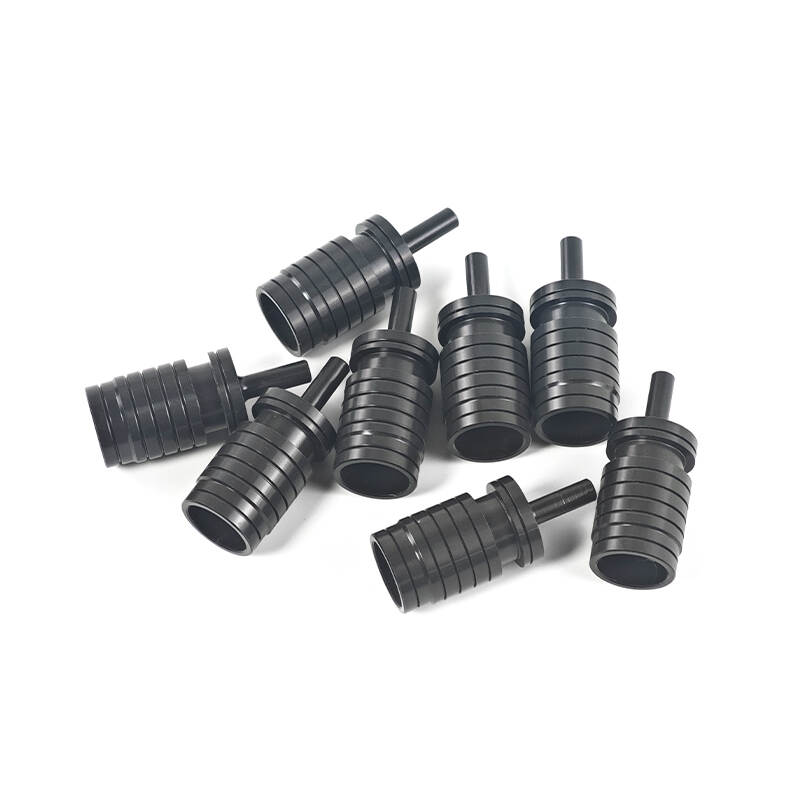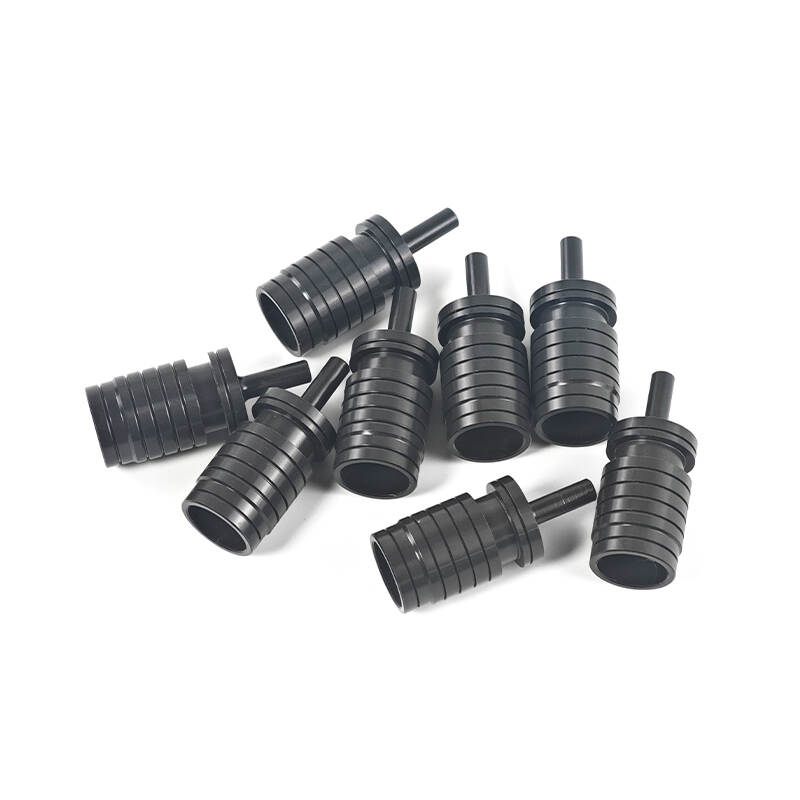
Email format error
Email cannot be empty
Email already exists
6-20 characters(letters plus numbers only)
The password is inconsistent
Email format error
Email cannot be empty
Email does not exist
6-20 characters(letters plus numbers only)
The password is inconsistent


When we think of oil pumps, we may not often consider the intricate process behind sourcing them. However, whether for industrial, automotive, or agricultural purposes, the oil pump is an essential piece of equipment. And at the heart of the oil pump industry are the suppliers who bring these critical components to the market.
An oil pump supplier plays a pivotal role in ensuring that businesses, manufacturers, and individuals have access to high-quality pumps suited for various applications. But how do oil pump suppliers operate, and why is it important to choose the right one? In this article, we will explore the significance of oil pumps, the role of oil pump suppliers, and what you should look for when selecting a supplier.
At its core, an oil pump is a mechanical device used to move oil throughout a system, typically within engines, machinery, or industrial processes. Oil pumps are essential for lubrication, cooling, and cleaning purposes, helping to ensure the smooth operation of various mechanical systems. For instance, in an automobile engine, the oil pump circulates oil to lubricate the moving parts, reducing friction and preventing overheating.
Oil pumps can be found in numerous industries, from automotive manufacturing to heavy-duty industrial machinery and even in agriculture, where they play a critical role in machinery like tractors. Without the right oil pump, these systems could face severe wear and tear, leading to malfunction or failure.
That’s where oil pump suppliers come in. They provide the crucial link between manufacturers or users and the necessary equipment. They offer a variety of pumps designed for different tasks, ensuring that systems run efficiently and safely.
Oil pump suppliers are the companies that design, manufacture, and distribute oil pumps. They serve a broad range of industries, providing both standard and customized solutions to meet the diverse needs of their clients. Their role goes beyond simply supplying products—they also offer valuable expertise in selecting the right oil pump for each application.
Here are some key functions of an oil pump supplier:
Providing a Variety of Products: A reputable oil pump supplier will offer a wide selection of oil pumps, each designed for different needs. This could include centrifugal pumps, gear pumps, diaphragm pumps, and piston pumps, each with its unique set of advantages for various uses.
Customization Options: Depending on the requirements, some industries may need customized pumps. Oil pump suppliers often work with manufacturers to create tailor-made solutions. For instance, pumps used in specific industrial processes may need unique features such as higher pressure ratings, corrosion-resistant materials, or the ability to handle higher viscosities.
Ensuring Quality Control: Quality control is a fundamental aspect of any oil pump supplier's operation. Since oil pumps are responsible for keeping machinery running smoothly, it’s essential that they meet strict standards for durability, efficiency, and safety. A reliable supplier will ensure their products undergo thorough testing before reaching the market.
Offering Technical Support and Advice: Oil pump suppliers often provide their customers with technical advice. This could be in the form of helping clients select the right pump, offering maintenance tips, or providing troubleshooting guidance. Their expertise can be invaluable, especially in more complex industries like oil and gas.
Providing After-Sales Services: Many suppliers offer after-sales services such as maintenance, repairs, and replacement parts. Having access to ongoing support from the supplier can extend the lifespan of oil pumps and ensure that they continue to operate at peak performance.

Choosing the right oil pump supplier is crucial to ensuring that you get a product that meets your needs, budget, and quality standards. Here are some tips on how to choose the best supplier for your requirements:
Look for Experience and Expertise: One of the most important factors in selecting an oil pump supplier is their experience. A supplier with years of experience in the industry is likely to have the knowledge needed to help you choose the best product for your application. They should be able to offer guidance on product selection, system compatibility, and any special considerations that might apply to your project.
Check the Product Range: The more diverse the product range, the better chance you have of finding the perfect oil pump for your needs. A good supplier should offer a variety of pump types, materials, and specifications to choose from. Additionally, they should offer both off-the-shelf products and custom solutions to cater to specialized requirements.
Evaluate Product Quality: Quality is paramount when it comes to oil pumps. A poor-quality pump could lead to costly breakdowns or inefficiency in your machinery. Look for suppliers who offer high-quality, durable products, and who provide warranties or guarantees. A supplier with a reputation for reliability and durability is always a safe bet.
Consider Customer Reviews and Testimonials: Before committing to a supplier, it's a good idea to read customer reviews or ask for testimonials. Previous clients can provide valuable insight into the supplier's customer service, product quality, and overall reliability. If a supplier has many positive reviews and long-term customers, it’s usually a good sign.
Ask About Support and Maintenance Services: As mentioned earlier, maintenance and after-sales support are crucial for the longevity of your oil pumps. A reliable oil pump supplier should offer maintenance services and be able to provide spare parts when necessary. They should also be available to answer questions or resolve any issues you may encounter.
Consider Pricing and Delivery Times: While price shouldn’t be the only factor in choosing a supplier, it’s certainly an important consideration. Compare prices between different suppliers, but remember that quality often comes at a higher price. Additionally, make sure the supplier can meet your delivery timelines. Timely delivery is crucial, especially for businesses that rely on oil pumps for daily operations.
As with many industries, the oil pump sector is constantly evolving. Advances in technology and changing market demands are influencing the way oil pump suppliers operate. Here are a few current trends in the industry:
Automation and IoT Integration: With the rise of Industry 4.0, many suppliers are integrating automation and IoT (Internet of Things) technologies into their oil pumps. These smart pumps can provide real-time data on performance, helping businesses monitor and maintain equipment more efficiently. Some systems even feature self-diagnosis capabilities, alerting operators to potential issues before they become problems.
Sustainability and Eco-Friendly Designs: Environmental concerns are also shaping the oil pump market. Many suppliers are now focusing on creating pumps that are energy-efficient, use environmentally friendly materials, and reduce emissions. This is particularly important in industries like oil and gas, where sustainability has become a growing concern.
3D Printing and Customization: As 3D printing technology continues to improve, some suppliers are exploring its potential for producing custom-designed oil pumps. This allows for faster prototyping and more flexible manufacturing, ultimately enabling suppliers to offer more customized solutions to their clients.
Focus on Energy Efficiency: As industries face increasing pressure to reduce energy consumption, oil pump suppliers are developing pumps with improved energy efficiency. These pumps help reduce the overall carbon footprint of industrial processes and reduce operational costs over time.
Choosing the right oil pump supplier is more than just a purchasing decision—it’s about ensuring the long-term reliability and efficiency of your machinery or systems. By understanding the critical role oil pumps play in various industries and what to look for in a supplier, you can make informed decisions that benefit your operations.
When looking for an oil pump supplier, consider factors like experience, product quality, support services, and pricing. With the right partner, you can ensure that your equipment runs smoothly, efficiently, and reliably for years to come. So, whether you’re in the automotive, industrial, or agricultural sectors, finding the right oil pump supplier is essential to your success.